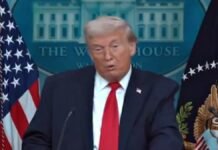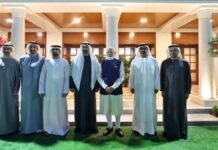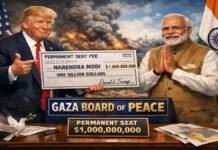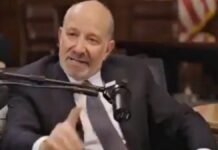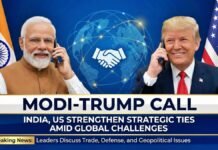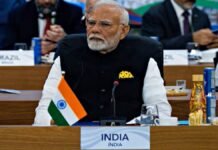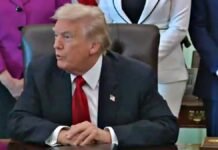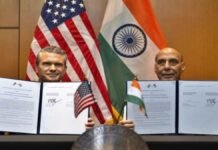
Key Points:
- Virtual Attendance Confirmed: Prime Minister Narendra Modi will participate in the 47th ASEAN Summit (October 26-28) virtually from India.
- Reason Cited: PM Modi will skip the in-person participation due to scheduling conflicts related to the ongoing Deepavali celebrations.
- India’s On-Site Representation: External Affairs Minister (EAM) S. Jaishankar will represent India on the ground in Kuala Lumpur for the East Asia Summit (EAS) and related ministerial meetings.
- Missed Diplomatic Opportunity: The decision rules out a highly anticipated in-person meeting between PM Modi and US President Donald Trump, who is also scheduled to attend.
- Bilateral Trip Postponed: A planned bilateral visit to Cambodia has been indefinitely postponed following the change in the Prime Minister’s travel schedule.
New Delhi: Prime Minister Narendra Modi will not be travelling to Kuala Lumpur, Malaysia, for the 47th Association of Southeast Asian Nations (ASEAN) Summit and related meetings scheduled for October 26-28. Instead, the Prime Minister has confirmed that his participation will be conducted virtually.
The decision was officially confirmed by Malaysian Prime Minister Anwar Ibrahim, who stated that PM Modi had personally informed him that due to the ongoing and critical Deepavali celebrations in India, he would be joining the summit proceedings remotely. This move, while respecting India’s cultural calendar, marks a departure from recent tradition, where the Prime Minister has consistently led the Indian delegation in person for the ASEAN-India Summit and the East Asia Summit (EAS).
EAM Jaishankar to Lead In-Person Delegation
Despite the Prime Minister’s virtual attendance, India will maintain a high-level physical presence. External Affairs Minister (EAM) Dr. S. Jaishankar is confirmed to represent India at the in-person ministerial-level meetings and forums, including the East Asia Summit, reinforcing India’s strategic commitment to the Indo-Pacific architecture and its ‘Act East’ policy.
India has reportedly conveyed this delegation structure to Malaysia, the current ASEAN Chair, ensuring its full engagement in the critical discussions on regional security, economic resilience, and maritime cooperation under Malaysia’s 2025 chairmanship theme of ‘Inclusivity and Sustainability.’
Anticipated Modi-Trump Meeting Ruled Out
The most significant consequence of the Prime Minister’s schedule change is the cancellation of a possible face-to-face meeting with US President Donald Trump. President Trump is scheduled to arrive in Kuala Lumpur on October 26 for a two-day visit to participate in the dialogue partner meetings.
Diplomatic circles had been closely watching the possibility of an interaction between the two leaders, particularly given the recent strains in bilateral ties over the imposition of tariffs and ongoing trade negotiations. The summit’s sidelines were widely viewed as a potential venue to inject political momentum into trade deal discussions. However, the Prime Minister’s virtual presence now postpones any anticipated high-level, in-person engagement between the two nations’ top leaders.
Furthermore, the initial plan, which included a bilateral visit by PM Modi to Cambodia following the Malaysia summit, has also been postponed.
Understanding the ASEAN-India Partnership
The relationship between India and ASEAN is central to India’s foreign policy framework. The dialogue relations began with the establishment of a sectoral partnership in 1992, which was upgraded to a full dialogue partnership in December 1995 and elevated to a strategic partnership in 2012.
ASEAN Member States: The ten member nations forming the Association of Southeast Asian Nations are Indonesia, Malaysia, the Philippines, Singapore, Thailand, Brunei, Vietnam, Laos, Myanmar, and Cambodia. India’s engagement across trade, investment, defence, and connectivity with this bloc has been strategically pivotal for the region’s collective growth and security.



































